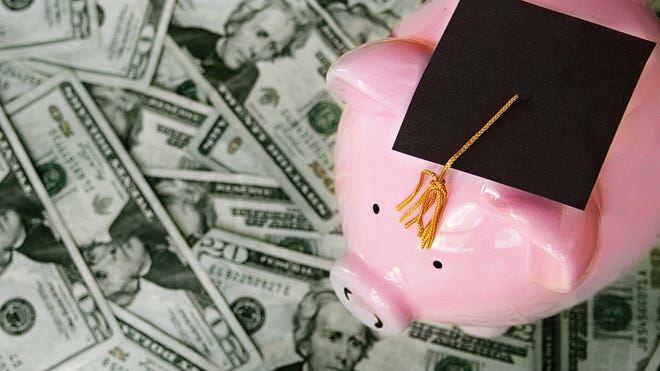
New Jersey residents employed in the mental health field have until the end of the month to apply for a state program that could forgive up to $150,000 in student loans and provide an extra $30,000 in grants.
The Behavioral Health Loan Redemption Program offers financial relief to eligible providers in exchange for service in the field. The application period for the program opened at the start of October and will run through Oct. 31.
“Bolstering mental health supports, especially on behalf of young people, remains one of my administration’s highest priorities,” Gov. Phil Murphy said in a press release. “This student loan redemption program represents one of the many steps our state is taking to comprehensively incentivize and support professionals in providing behavioral health services. I remain committed to building upon our ongoing efforts to ensure every resident is able to access the mental health care that they need.”
Student loan forgiveness program
The program allows providers to receive up to $50,000 for every two years of service at an approved health care site, with a maximum of six years eligible for repayment. Additionally, employees who work primarily with children and adolescents could obtain as many as six individual incentive grants, limited to $5,000 annually.
Applicants must work in one of the following professions to be selected: board-certified behavior analyst, licensed associate counselor, licensed clinical alcohol and drug counselor, licensed clinical social worker, licensed professional counselor, licensed psychologist, licensed social worker, psychiatric nurse mental health clinical specialist or psychiatrist.
The state’s 2025 budget has allocated $7 million to the program, now in its third round of funding since it was launched in January 2023. A total of 94 workers have participated and received loan forgiveness during that time.
The New Jersey Higher Education Student Assistance Authority will weigh applicant submissions based on four main criteria: demand for their occupation, location of their place of employment, current salary and whether they work primarily with children or adolescents. The agency will contact applicants selected for the program on or after Feb. 15.
